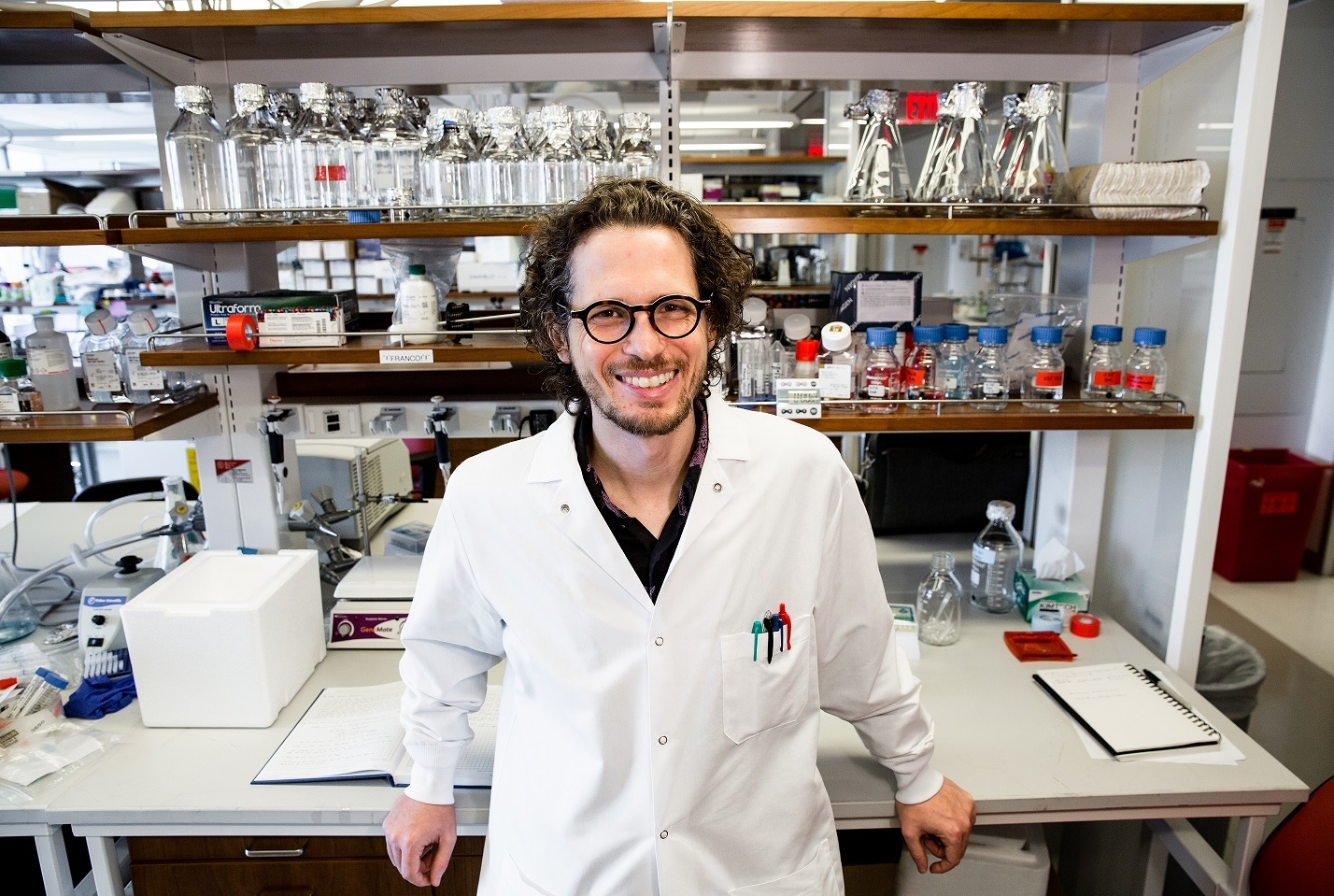Weill Cornell Medicine has received a grant from the National Institutes of Health (NIH) as part of a new $140 million Common Fund program to study somatic mosaicism, a phenomenon in which organs and tissues develop significant genetic differences across their cell populations.
The two-year, $834,000 grant, with a possible three-year extension, awarded under the Somatic Mosaicism across Human Tissues (SMaHT) Network program, will fund research led by Dr. Dan Landau, an associate professor of medicine in the division of hematology and medical oncology at Weill Cornell Medicine and a core faculty member of the New York Genome Center (NYGC). Dr. Landau and co-PI Dr. Rahul Satija, a core faculty member of the NYGC and an associate professor of biology at New York University, will develop tools for studying somatic mosaicism in detail using a “single-cell multi-omics” approach. The new tools will allow the investigators to identify DNA sequences, gene expression levels and other layers of information in individual cells, to better understand how somatic mosaicism arises and develops.
Somatic mosaicism arises when a mutation in one or more genes gives a cell a small growth or “fitness” advantage; the cell then proliferates to form a higher-growth family or “clonal outgrowth” of cells containing the new mutation. As humans and other animals age, they acquire more and more of these genetically distinct outgrowths—which seem to function normally or almost-normally, though they represent the first step on the path to cancer. Clonal outgrowths are also suspected of playing a role in many other disorders, but their full impact on human health is unknown.
“Our overarching goal is to be able to make detailed comparisons between wild-type and mutant cells to comprehensively identify the underpinnings of fitness advantage in clonal outgrowths,” said Dr. Landau, who is also a member of the Sandra and Edward Meyer Cancer Center at Weill Cornell Medicine.
Research in this area has been very challenging because, typically, only the cell-by-cell sequencing of DNA in a tissue sample can distinguish clonal outgrowth cells from normal cells. Dr. Landau and his laboratory have helped pioneer the use of single-cell sequencing tools and have developed methods to extend single-cell analysis beyond DNA-sequencing, to also record gene activity patterns, protein levels, and methylations and other “epigenetic” markers that regulate gene activity—all with the high throughput necessary for thorough examinations of human tissue samples.
Overall, the SMaHT network will establish multiple critical research centers and technology development efforts, to support the characterization of somatic mosaicism in different cell types, tissues, and life stages.
Dr. Landau’s Somatic Mosaicism across Human Tissues (SMaHT) Network research is supported by NIH grant 1 UG3 NS132139-01.

